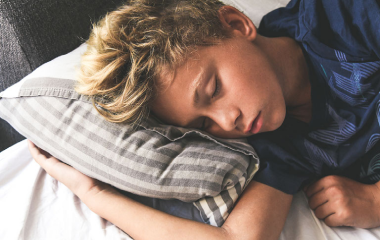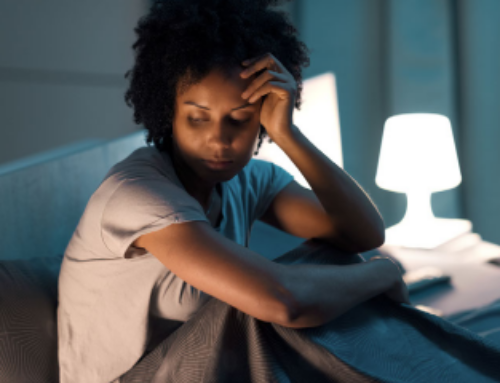My freshman year of high school was devastating. In 2016, seven students in the Ann Arbor school district lost their lives. These teens died of various causes, but it appears that several of them battled depression.
Being a teen is hard work. The combination of homework, extra-curricular activities, social life, and maintaining a social media presence consume most of our days. Most nights during the school year, I sleep less than seven hours, more than one hour less than the recommended eight to 10 hours for teens. But like many teens, I struggle to make time for sleep. And I can feel the difference. When sleep deprived, I am rude, easily distracted, and unhappy. These negative behaviors disappear after nine or more hours of sleep.
As a sophomore, I took a psychology class that included a unit on sleep and the brain. I was intrigued by how important sleep is for physical and mental health. I realized that healthy sleep habits are rare, and most of my friends are as sleep deprived as I am.
This realization motivated me to pursue a research project that collected information about sleep and mood among my peers. To collect data for my research project, I designed a questionnaire with 20 questions about sleep, mood, behavior, and tardiness, in addition to demographic information. I included two reliable scales to screen for depression and anxiety.
I sent this survey by email to 200 of my high school peers, and 136 responded. The answers show that almost all teens (98 percent) reported that they do not get enough sleep (less than 8 hours). But during the weekend, more than half of the teens do get enough sleep. About 60 percent of teens have trouble falling asleep occasionally, frequently, or very frequently. Another important finding was that mood disorders are common among my peers. Anxiety was reported by 45 percent of teens and depression by 23 percent of teens. Almost 40 percent reported occasional or frequent difficulties in getting along with their friends.
In the group of teens with depression symptoms, 77 percent reported having short sleep; therefore, short sleepers were three times more likely to have depression symptoms than those who got enough sleep. In teens with anxiety symptoms, 67 percent reported having short sleep; therefore, short sleepers were 2.2 times more likely to have anxiety symptoms than teens who got enough sleep. Tardiness is a common problem in high schools. In this survey, 40 percent of the teens indicated that they were late to school occasionally or frequently, and most of them listed lack of sleep as the reason.
These results parallel the scientific literature on sleep in teens. I believe that if teens get enough sleep on school nights, it will positively affect their life in many aspects.
Talia M. Dunietz is an 11th-grade student at Huron High School in Ann Arbor, Michigan.





